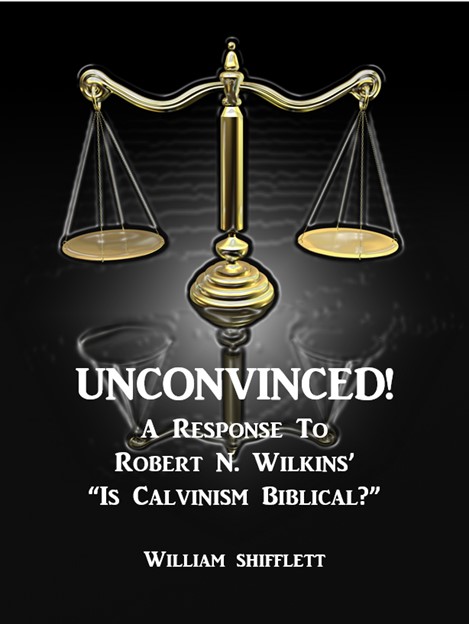The Myth of Christ’s Missing Blood

One of the most common criticisms of new translations from those who prefer the King James Version is the claim that the Christ’s blood is being removed from the pages of the Bible. It’s often made to sound as if a huge conspiracy is afoot to demolish this sacred Christian belief. But is the claim true or is the missing blood a myth?

Under The Magnifier
One of the easiest ways to discover the answer is to do a simple word search on virtually any Bible program. I use the Lifeway WordSearch 10. I found that the word blood appears 447 times in the King James version of the Bible. The English-Standard-Version has 431 appearances. Only 14 less. (Hold the jubilant “I told you so” a moment longer.) The New King James has even less, only 424 references to blood. The New Living Translation, Second Edition seems the greatest culprit with only 303 mentions of blood. 134 less references to blood! What should we say about this? Is the blood missing from these alternate versions? In light of the above facts, we have to answer yes.
Hold the jubilant “I told you so”.
There are two things to remember. First is that many times a different phrasing is used. Take for example the story of the woman with the issue of blood. The newer translations express that fact differently. For example, in the NLT2 of Matthew 9:20 we read, “Just then a woman who had suffered for twelve years with constant bleeding came up behind him.” Or the NIV2011 version says, “a woman who had been subject to bleeding for twelve years.” You see the blood is still there it’s just worded differently.
Or consider the word “lifeblood.” The NIV uses lifeblood twice in Genesis where the KJV says blood, chapter nine verses four and five. The blood is still there, it just won’t come up on a word search for blood. Or the use of the word murder for bloodshed. Most of the so-called examples of missing blood fall into this kind of different phrasing category.
Christ’s Missing Blood?
The second thing to see is that usually the changes have nothing to do with The Blood of Christ. That seems to be the real bone of contention. That somehow removing the word blood affects what we believe about Christ or his sacrificial, cleansing work of atonement. But ii just isn’t true.
The Myth of Christ’s missing Blood in John.
The King James Version Gospel of John has six references to blood. The NLT 2 has five. Those five are the ones that refer to Christ’s blood. The only one missing is chapter one verse thirteen which refers to human blood in the KJV. The other five all speak of Christ’s blood and all five are present in the New Living Translation, Second Edition. They are chapter 6:53,54, 55, 56, and 19:34.
But what about Acts?
The KJV book of Acts has blood 12 times, the NLT 2 only eight appearances. But three of the four missing references have to do with the blood of men: Adam in 17:26, Anyone is 20:26, and Stephen in 22:20. Only in chapter five verse 28 is the reference to Christ and it is rendered death. But there the Pharisees are speaking, and they who don’t believe in Christ. Obviously, we shouldn’t expect them to speak of the blood in an affirming way. The change in wording does nothing to the truth or power of Christ’s blood. Again, this is the pattern throughout the new translations. It is the blood of men that has been removed not the blood of Christ. The missing blood is a myth.
Now this essay isn’t meant to tell anyone which version of the Bible to use or read. All have their weaknesses and strengths. It is intended to keep you well-informed. The argument about missing blood is a myth.
“So guard yourselves and God’s people. Feed and shepherd God’s flock—his church, purchased with his own blood.” Acts 20:28

